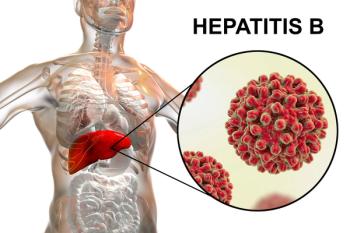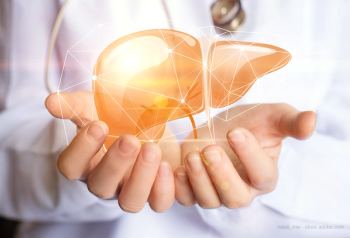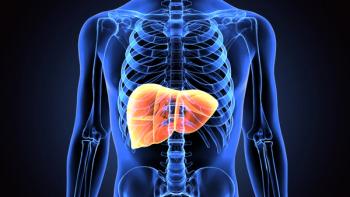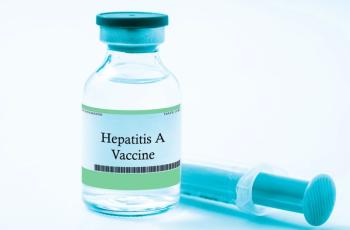
Yale Researchers Explore Liver-Brain Connection
Their study found an association between liver fibrosis and cognitive performance. Some research has suggested that neurotoxic metabolites produced in an injured liver may cross the blood-brain barrier.
Since the time of Hippocrates, medicine has pondered the concept of a mind-body connection, the idea that thoughts and emotions can influence physical health.
Now a study by Yale University researchers has uncovered evidence of another kind of mind-body connection between how diseases in other parts of the body affects the brain.
The
“More and more, folks are starting to realize that there’s not this split between brain-based disorders and other types of physical health,” said
Liver disease is on the rise globally. Cirrhosis is a leading cause of mortality and morbidity worldwide, the 11th leading cause of death and the 15th leading cause of morbidity.
Yale researchers were interested in exploring whether liver fibrosis, the name for accumulation of scar tissue in the liver, might affect cognition, and regional gray matter volume (GMV).
Using data from 447,626 participants in the United Kingdom Biobank, the study found that liver fibrosis showed “significant” associations with cognitive performance in reasoning, working memory, visual memory, prospective memory, executive function and processing speed.
“It highlights how much physical health, mental health, and brain health all tie together,” Scheinost said in the write-up. “In some ways, it’s about taking care of yourself as a whole. Any piece of the puzzle you can address is probably going to have other downstream effects and benefits.”
Further analysis of subgroups revealed that there was a greater effect in males than females in most cognitive tests.
“Neuroimaging analyses revealed significant associations between liver fibrosis and reduced regional GMVs, primarily in the hippocampus, thalamus, ventral striatum, parahippocampal gyrus, brain stem and cerebellum,” according to the study.
Liver fibrosis also had a significant association among regions of the brain that are the first to show structural atrophy in aging and early Alzheimer’s disease, according to Scheinost and his colleagues.
They noted that there is some evidence that neurotoxic metabolites produced in an injured liver may cross the blood-brain barrier and affect the activity of specific brain regions, particularly those with high metabolic demand.
Based on its findings, the study concluded that “chronic liver diseases may contribute to cognitive decline across the whole spectrum.” The study suggests physicians should focus more attention on patients with liver fibrosis and make an assessment part of routine, primary care health screenings for older people.
“Ealy-stage liver fibrosis is a reversible syndrome, and our current study suggests that early surveillance and prevention of liver disease may reduce cognitive decline and brain volume loss,” said Rongtao Jiang, Ph.D., a postdoctoral associate in Scheinost’s lab and the study’s lead author, in the write-up of the study. “And since we found a mediating effect of systemic inflammation, it may tell us that drug or interventions that target inflammation may help us prevent the disease burden of liver fibrosis.”
Newsletter
Get the latest industry news, event updates, and more from Managed healthcare Executive.

























